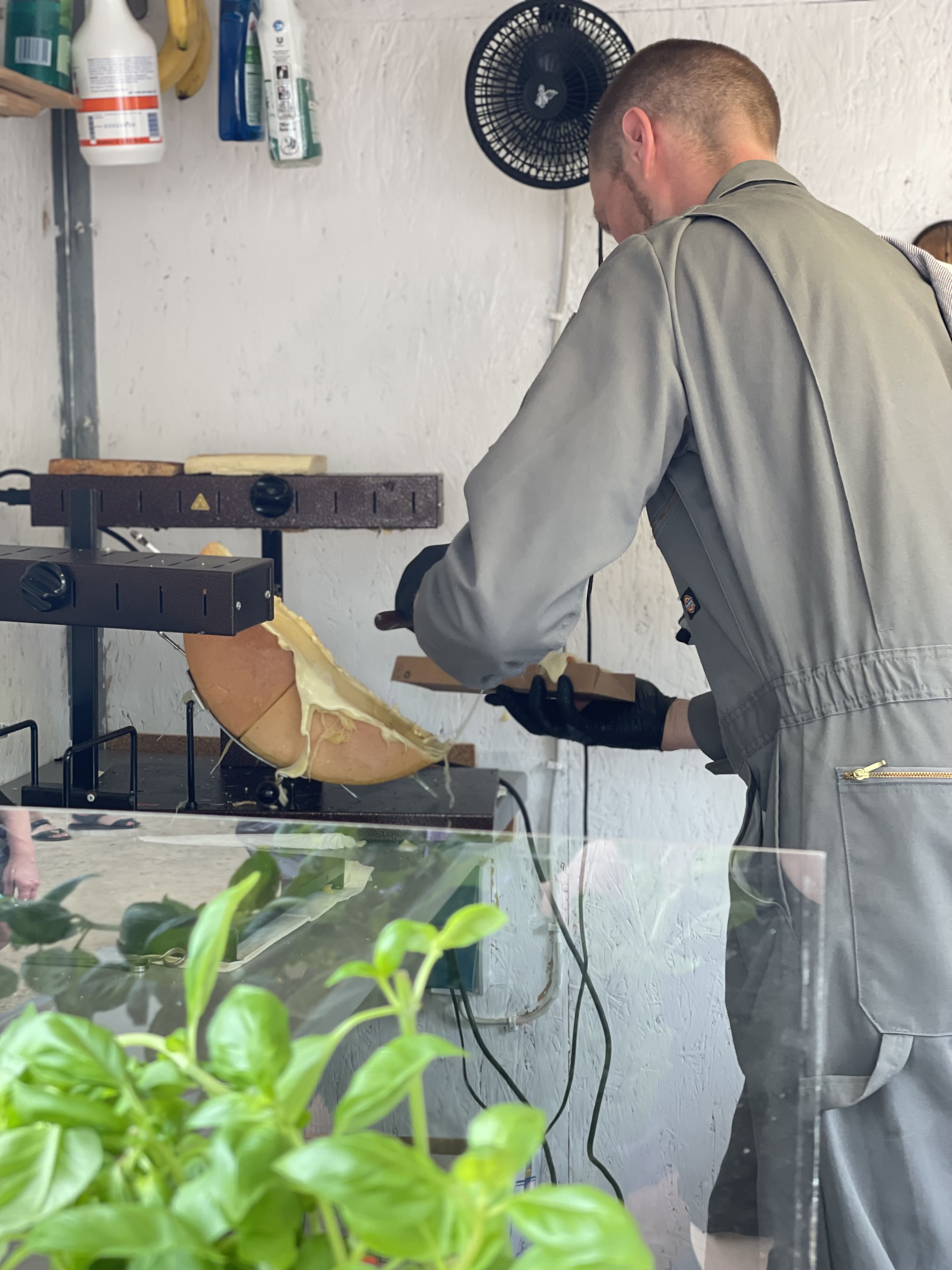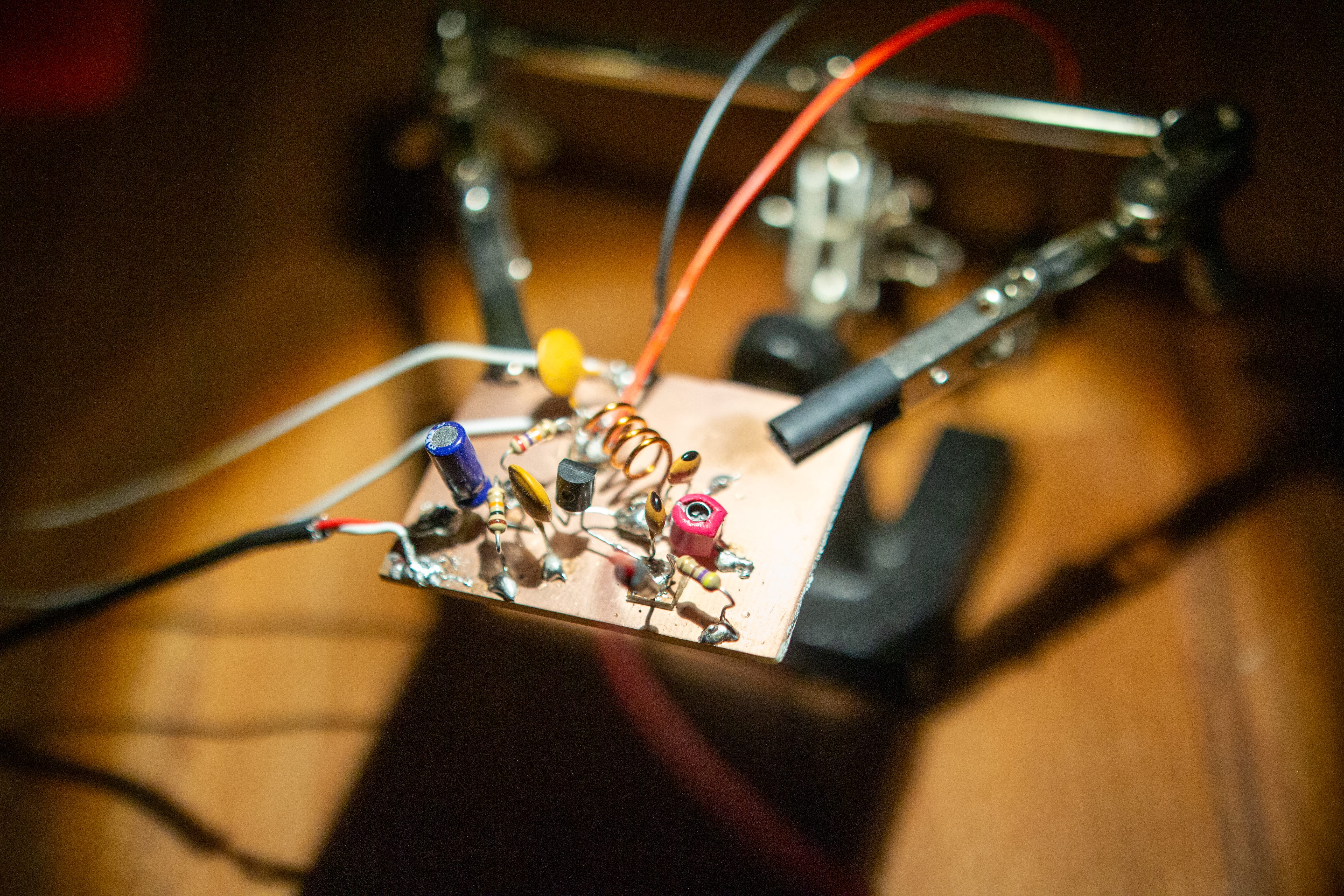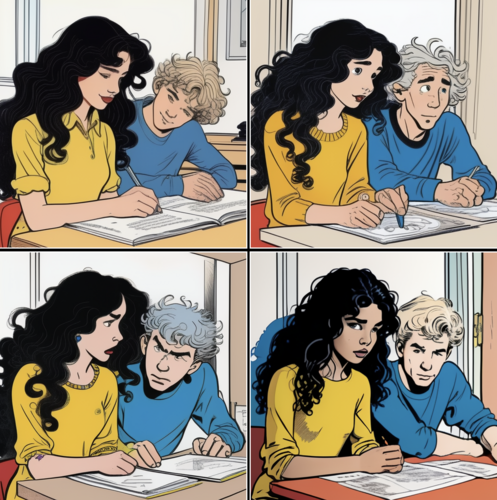Neural Networks and Computer VisionPermalink
A selection of coding projectsPermalink
Although pure coding and debugging are often not a passion of mine, I recognize the importance of neural networks and other recent developments in Computer Vision. From several projects regarding AI and Machine Learning that I co-authored during my Bachelor Program, I picked this one since I think it is well documented and explains on a step-by-step basis what we do there.
Image Super-Resolution using Convolutional Neural Networks (Recreation of a 2016 Paper)Permalink
Image Super-Resolution is a hugely important topic in Computer Vision. If it works sufficiently advanced, we could take all our screenshots and selfies and cat pictures from the 2006 facebook-era and even from before and scale them up to suit modern 4K needs.
Just to give an example of what is possible in 2020, just 4 years after the paper here, have a look at this video from 1902:
The 2016 paper we had a look at is much more modest: it tries to upscale only a single Image, but historically, it was one of the first to achieve computing times sufficiently small to make such realtime-video-upscaling as visible in the Video (from 2020) or of the likes that Nvidia uses nowadays to upscale Videogames.
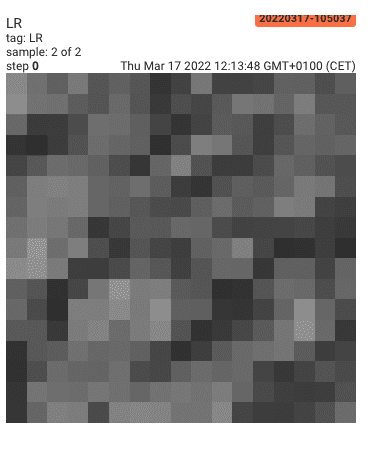
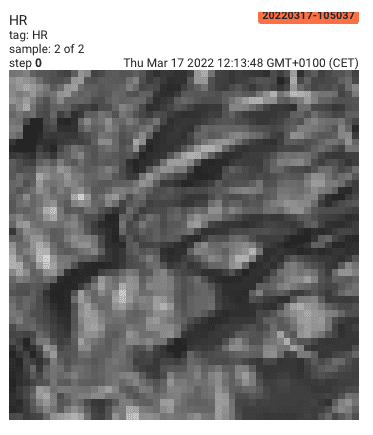
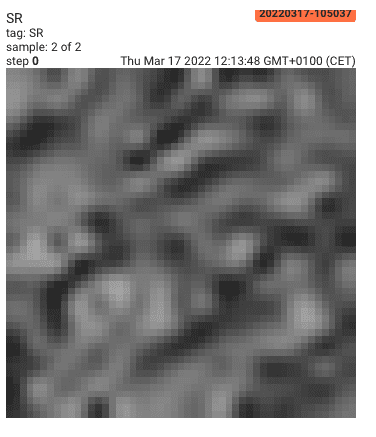
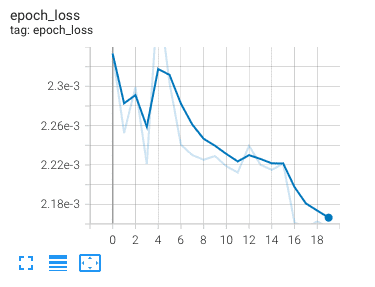
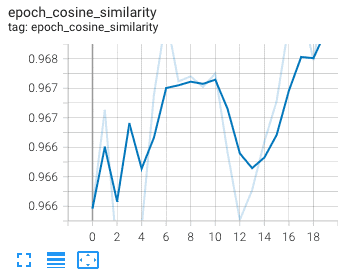
The Python notebook for Image super-resolution in Colab
MTCNN (Application and Comparison of a 2016 Paper)Permalink
Here, you can also have a look at another, much smaller project, where we rebuilt a rather classical Machine learning approach for face detection. Here, we use preexisting libraries to demonstrate the difference in efficacy of approaches, showing that Multi-task Cascaded Convolutional Networks (MTCNN) was one of the best-performing approaches in 2016. Since I invested much more love and work into the above project, I would prefer for you to check that one out, in case two projects are too much.
Face detection using a classical AI Approach (Recreation of a 2016 Paper)


